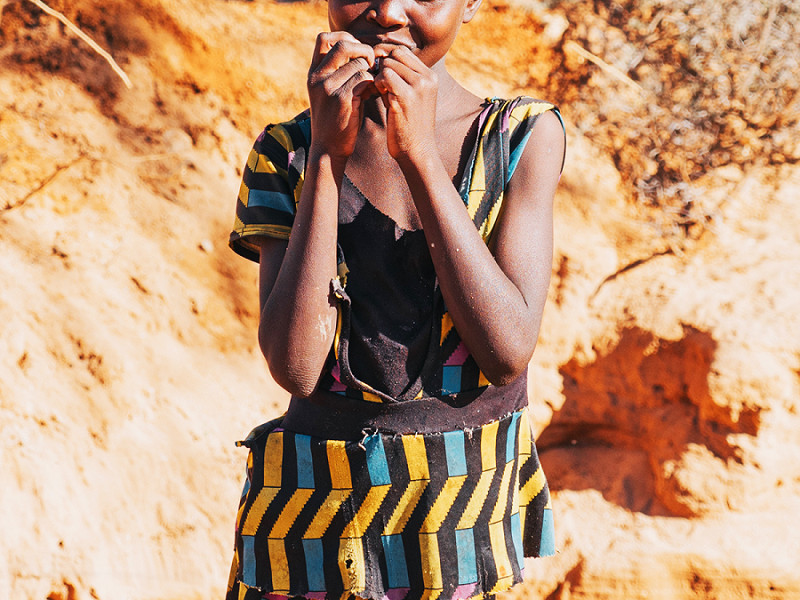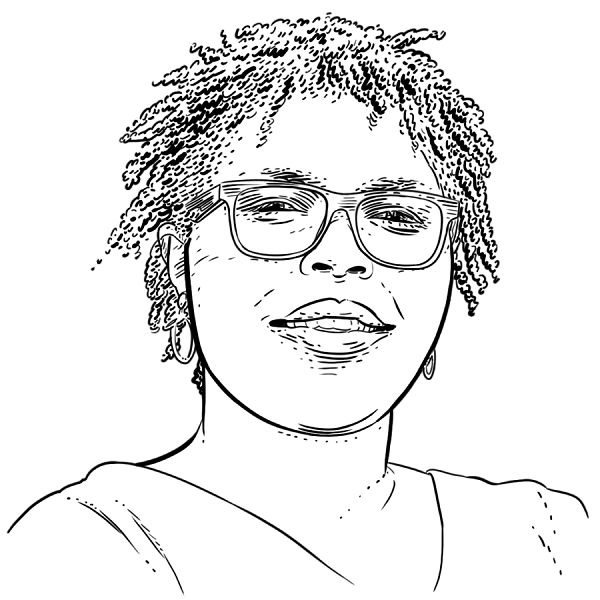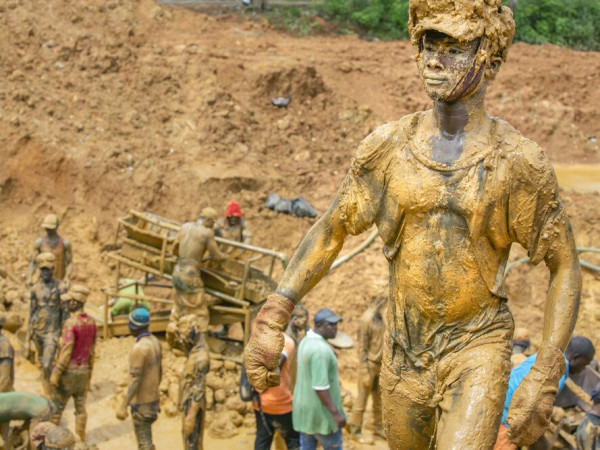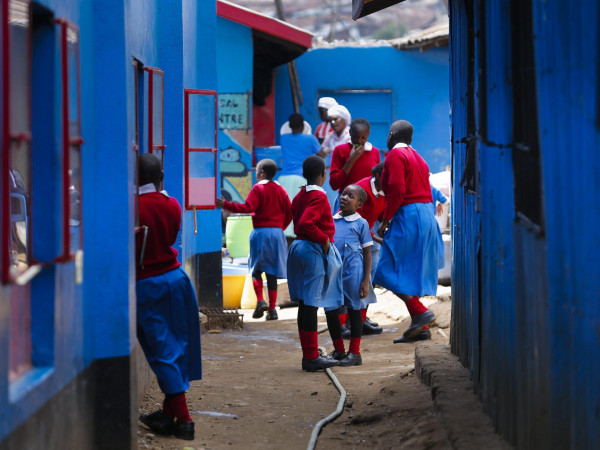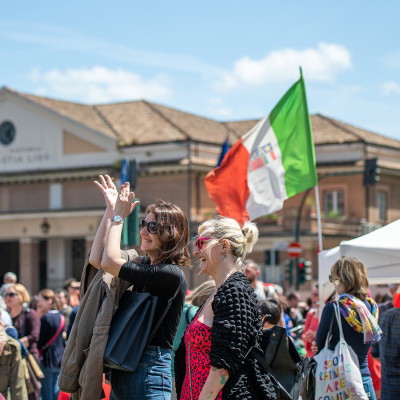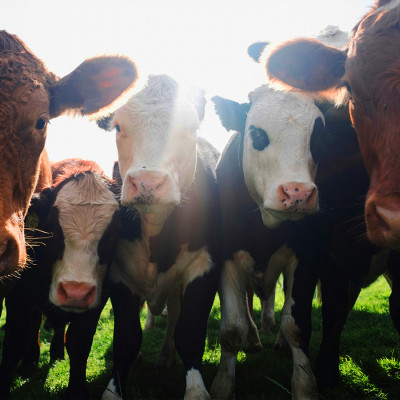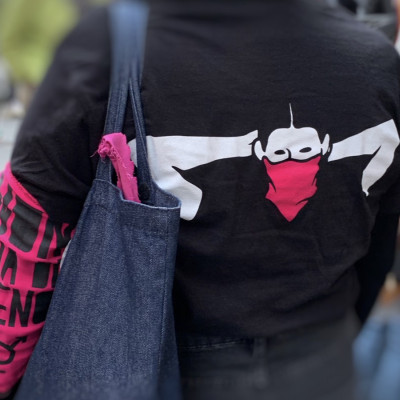Keeping alive digital connections in marginalised communities
Excuse me Doctor, «Hope you don’t mind if I use my parents’ phone to call you?», Hello Dr, «this is my WhatsApp number, please add me to the group».
If you work with young people in Africa, you might have such conversations, or you might have them with adults.
For adults, I always wonder how they keep up with the changes that our digital world makes so fast and it looks like it is racing against time.
The elders have a different conversation with me, «How can I see that thing, they are talking about»?, Weyoms, «please come and show me how to do this or that».
This article will focus on the young people, especially girls, from marginalised communities - girls who are in coastal and slum settlements.
Our conversations about mobile phones, social media, and the Internet hits differently each time.
According to a UN report in 2021, 3.7 billion people do not have access to the internet globally and half of them are women.
In some parts of the world, the digital gender divide has been shrinking, but data shows it is growing in Africa and it is true for me as I engage with young people in communities.
Girls are disadvantaged when it comes to digital adoption, they have lower levels of access to and use of digital technology than boys.
I can give more examples where young girls lack access to the Internet or a mobile phone.
For a few people who might read this article, your Internet provider might cost you very little money, it is accessible and affordable.
You can subscribe for data anywhere and sometimes you do not have to worry about the network.
On this side of my world in coastal and slum settlements, the story is very different.
As my team and I work to create safe spaces for young girls and boys in schools and communities, there is still a challenge with access to a phone that can be connected to the Internet.
Thus, they miss many opportunities for their personal and professional development.
To address the digital divide and the challenges that hinder access to quality education (formal and informal), we should think of inclusive and innovative ways of transferring knowledge and digital skills to young Africans in rural, underserved and marginalised areas to enhance their prospects of becoming active participants and contributors in the digital and knowledge economies.
To achieve this, alongside other sustainable development goals, requires tailored approaches that can be applied to a particular setting.
With a current pilot project, a few coastal and slum settlements across Nigeria are working with young girls between the ages of 11-19.
We acknowledge the privileges we have by bringing designed tailored resources that improve digital skills even in the absence of a phone connected to the Internet.
For example, the girls might not have access to YouTube to learn how to make reusable sanitary pads, but we provided them with the opportunity of learning about reusable pads.
They might not be aware of young women using their voices to fight for passionate causes like Vanessa Nakate, a climate activist from Uganda; or the books written by the famous Nigerian writer, Chimamanda Ngozi Adichie, but through book clubs, they become aware of the inspiring stories happening around them.
They might only know of the traditional University courses such as Law, Medicine, and Accounting, but with connections that we make on digital platforms, we bring to their doorsteps individuals who are doing well in different careers.
They are part of the statistics that talks about limited access to the Internet, but this should not affect their learning and development.
As we look forward to commemorating the 10th anniversary of the International Day of the Girl (Idg) this October, we are aware of the attention given to issues that matter to girls amongst governments, policymakers and the public, and more opportunities for girls to have their voices heard on the global stage.
For marginalised communities, investments in girls’ rights remain limited and girls continue to confront a myriad of challenges to fulfil their potential.
We know that with these challenges, there is ingenuity, determination, and strength. Thus, young girls should be provided with the right skills and opportunities to grow and learn, so they can be change makers in their communities.
As we look for more affordable and innovative ways to stay digitally connected in marginalised communities, I believe girls are ready for a future that believes in their potentials and their leadership.

